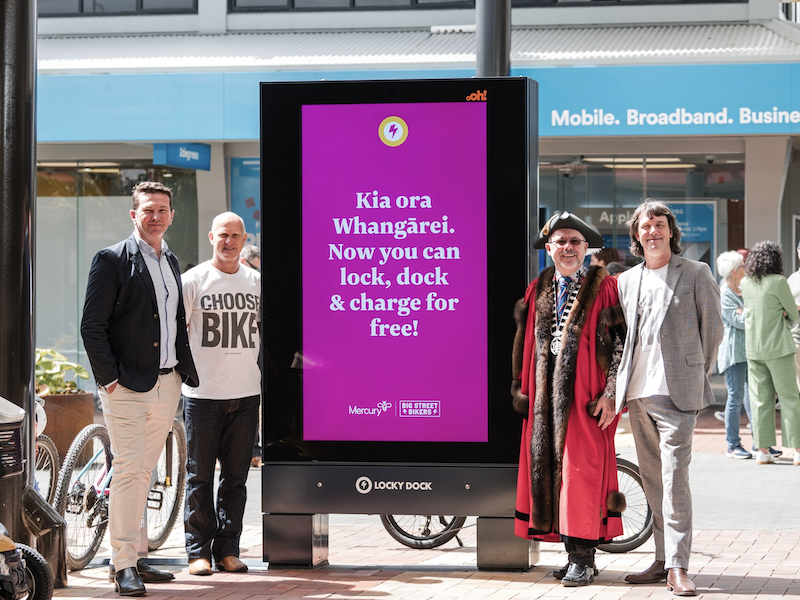Flushing a cup of water from your taps each morning can
help remove some of the metals, such as lead, that can
accumulate in water overnight.
Water New Zealand
drinking water quality technical lead, Belinda Cridge, says
the discovery of lead contamination in Tokomaru this week is
a reminder of the risk of water contamination from plumbing
fittings.
“If water is slightly acidic and has been
sitting in pipes for several hours, it can start to dissolve
metals from household plumbing fittings.
“This means
that small amounts of dissolved metal can enter the water
supply.
“That’s why we advise that the equivalent
of at least one large cup of water is flushed from taps each
morning before filling the kettle or drinking a glass of
water.”
She says there is a particular risk around
older and some imported taps and plumbing fittings,
especially ones that have been bought directly from
manufacturers or online.
“Some of these products have
been known to contain higher levels of lead than is
allowable in recent updates to the Building
Code.
“Recent changes to the Building Code have
reduced the allowable level of lead in plumbing fittings to
0.25 percent, but the new code won’t be in force until May
next year.
“In the meantime, we advise anyone
purchasing plumbing fittings to check on lead levels or ask
their supplier.”
She says while the health risk of
drinking water with dissolved metals is small, a build up of
heavy metals in your body can cause health problems in the
longer term.
“It is particularly important to ensure
that children do not drink water that has
been contaminated with metal and that’s why we have
been advising schools to ensure that drinking fountains and
taps are flushed after school holiday breaks as well as each
morning.”
For more information contact
Communications Manager, Debra Harrington 027 202 8857, and
click
here
© Scoop Media
Advertisement – scroll to continue reading





















Discussion about this post